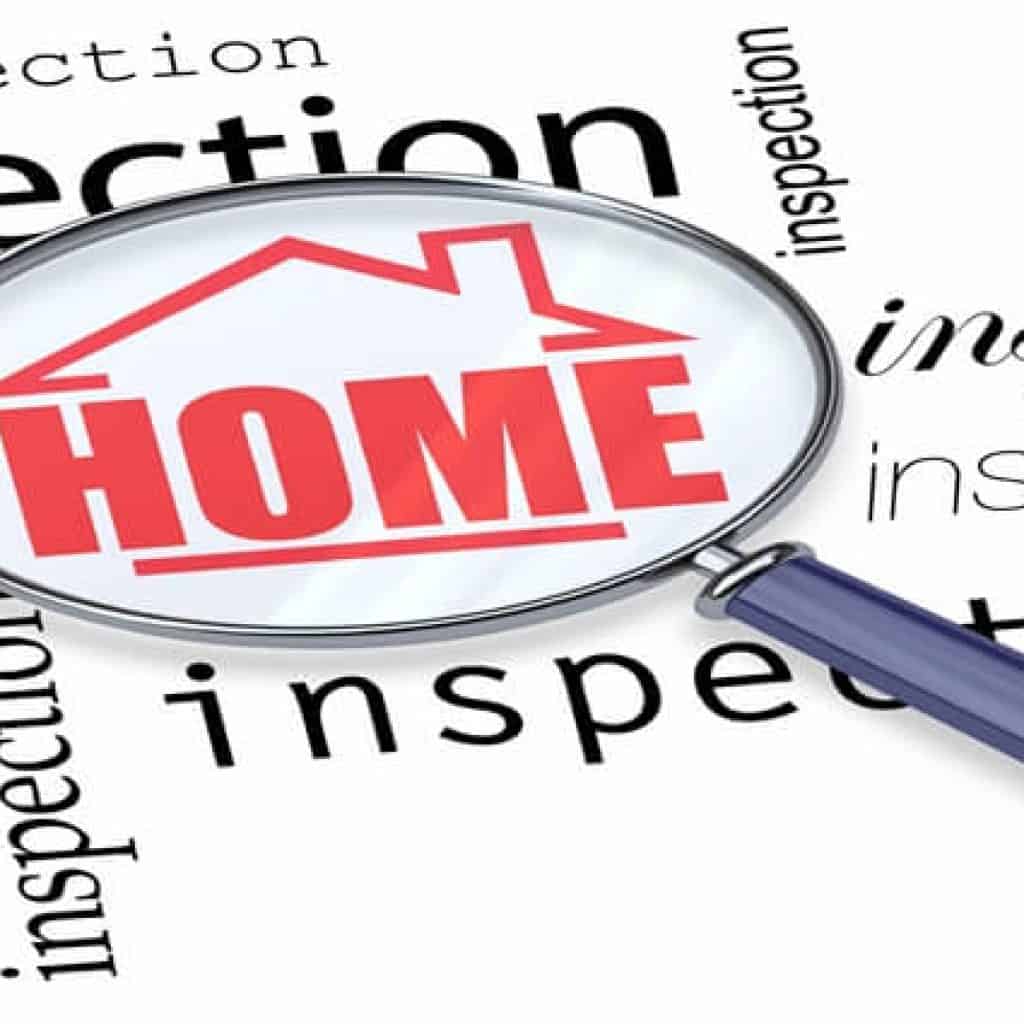
Yes, you can be your own home inspector—but we don’t think it’s such a good idea. There are several books on how to save money and do your own home inspection. They typically recommend that you get a few basic tools that are available at a hardware store, then follow their step-by-step instructions to evaluate your potential home purchase. And you can expect to both be educated and find some things that need repair in the house you are examining.
Unfortunately, books will not help you find every potential issue that may be going on with a house, including often the most critical defects, that can make or break your home purchase. Being a home inspector takes years and years of experience, and most go get the certification needed for home inspections as well, making certified home inspectors even more qualified to perform home inspections.
Some of the biggest defects are not right there in your face, but may show themselves as a clue. In other words, they are subtle and appear as something to be examined or probed further. Even more difficult for the homebuyer and inspector are the things that are defects because they are missing, because they are simply not there.
Periodically a potential buyer will decide that he or she wants to do his or her own home inspection. Or the buyers want to hire a friend, who has worked in the trades — a carpenter, a framer, or a handyman, to do the inspection for them. Even the most experienced home owner lacks the knowledge and expertise of a seasoned home inspector.
Becoming a licensed home inspector and structural radon and pest inspector involves passing a rigorous test and meeting strict financial responsibility requirements. Every year a home inspector inspects hundreds of homes, attends continuing education workshops, lectures, seminars and subscribes to trade journals. A friend or family member of the buyer seldom measures up to those obligations. In the first instance, the client doing his or her own inspection, that is usually not recommend either. From what I have found, even if someone has worked as a carpenter, a painter or a builder, that is still very different from being as qualified as a certified home inspector. A good home inspector is trained to detect subtle problems in many, many different areas and systems that are not necessarily familiar to a builder.
For example, a home inspector must be able to detect wood destroying organisms and understand the rather complex electrical, plumbing and HVAC systems. Also, a buyer is often emotionally involved with the home, and might have already moved into that house in his or her mind. In these circumstances, it is hard for that buyer to be objective. That is another good reason to hire a competent, objective, certified and independent home inspector.
Professional home inspectors have an advantage over the homebuyer inspector for two reasons: 1) After doing thousands of home inspections, the depth of their experience and knowledge of home construction means they can process all the visual data of a house faster and more efficiently than the average person. They know what to look for and have a mental catalog of the recurring problems common for each neighborhood. 2) A home inspector is not buying the house. This means that the home inspector is not emotionally attached or excited about the home and looking forward to moving in. As a homebuyer, it’s hard to stay emotionally detached while you are examining a house. Thoughts about color schemes, furniture layout, and what a great deal you’re getting will creep into your mind while you are trying to focus on finding the home’s defects, no matter how hard you try to push them back. It’s easier to miss something because you like the house and want the inspection to go well. The home inspector is dispassionate, just doing a job. And that’s a very huge advantage.
So, we think doing your own home inspection is not a great idea and recommend hiring a professional and certified home inspector. There are a number of things you can look for in your first walk-through of a house as a kind of pre-inspection. They are simple, require no tools other than a small flashlight, and it can serve as a baseline standard to help you decide which homes are not even worthy of an offer. The flashlight comes in handy for the dark corners in every home, and is a necessity if you are looking at a foreclosure with the power turned off.
The best reason for not doing your own home inspection is probably because most buyers find it very difficult to remain completely objective, unemotional and unattached from the home they are looking at. The “I want everything to be OK” desire most buyers have, can steer you into making a very poor assessment of the home’s true condition. A mistake like this could cost you dearly after you move in. A professional, certified home inspector gives you an unbiased report on the condition of the property. This is something no buyer can realistically do for themselves.
